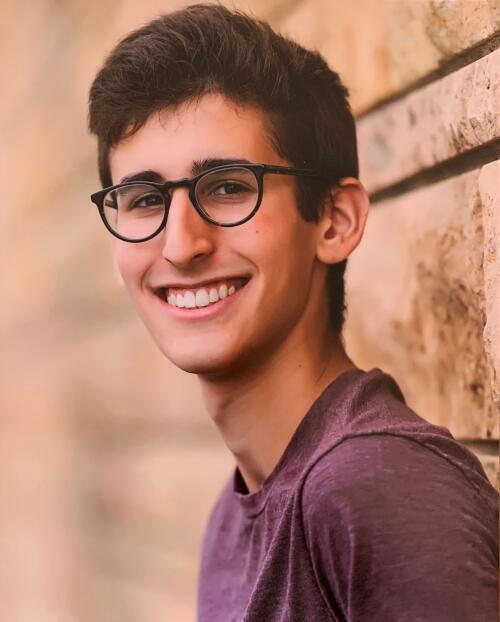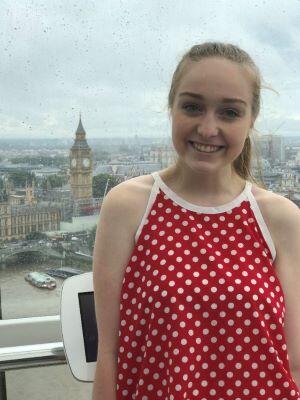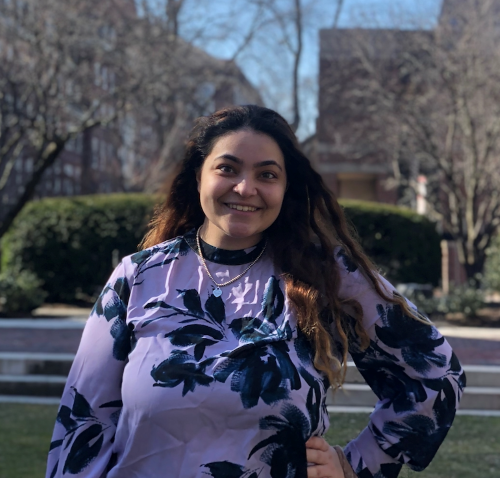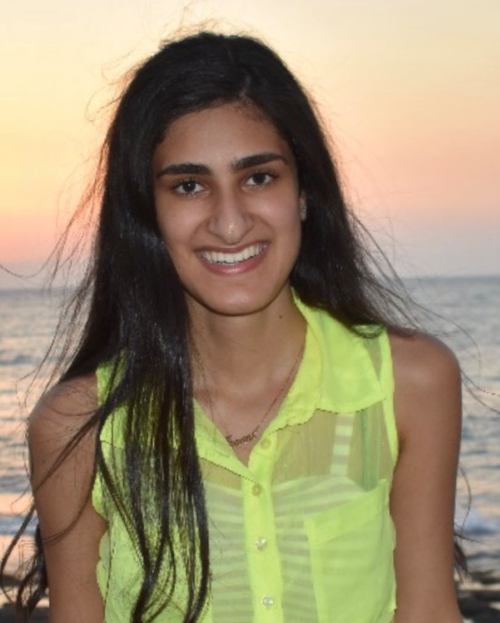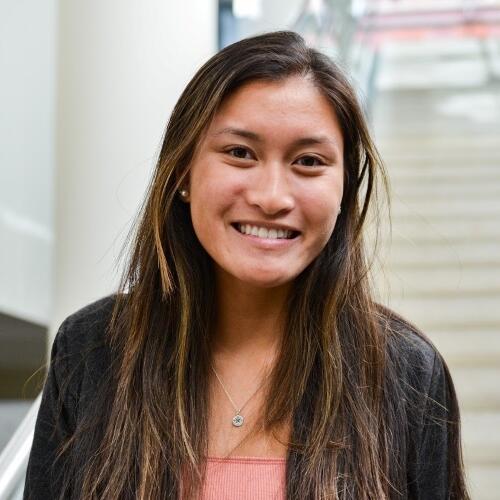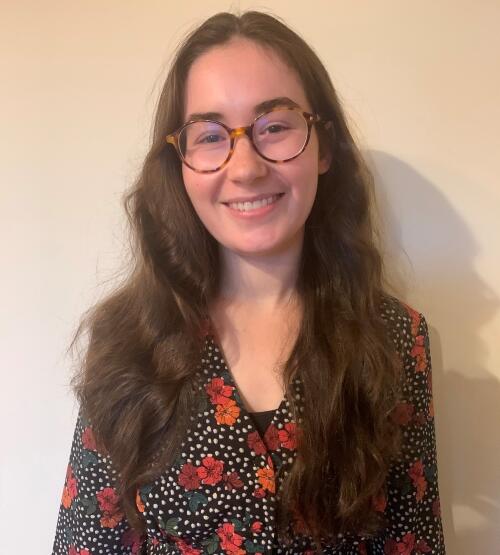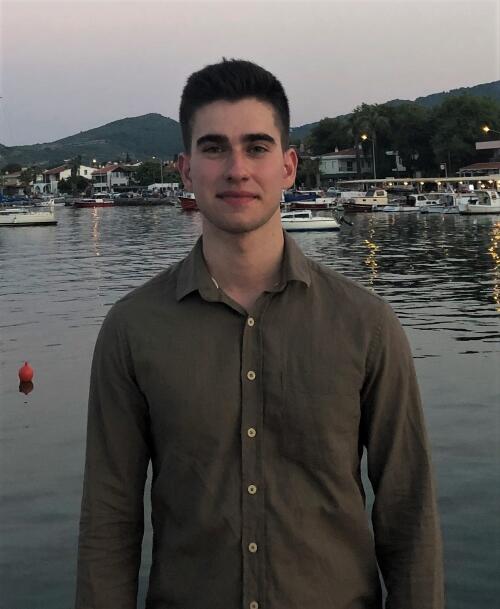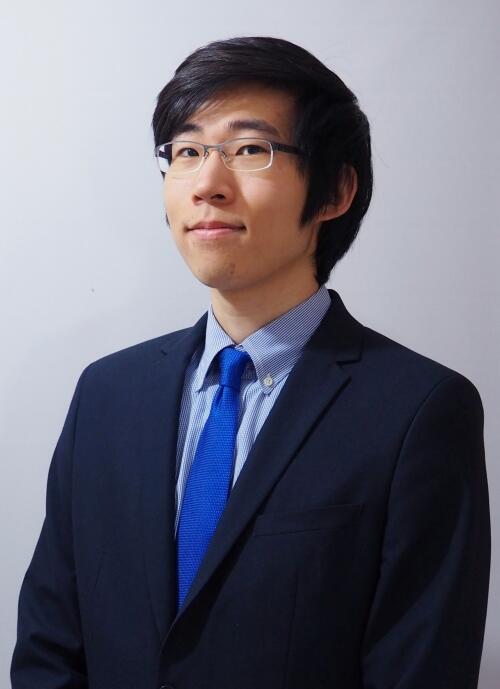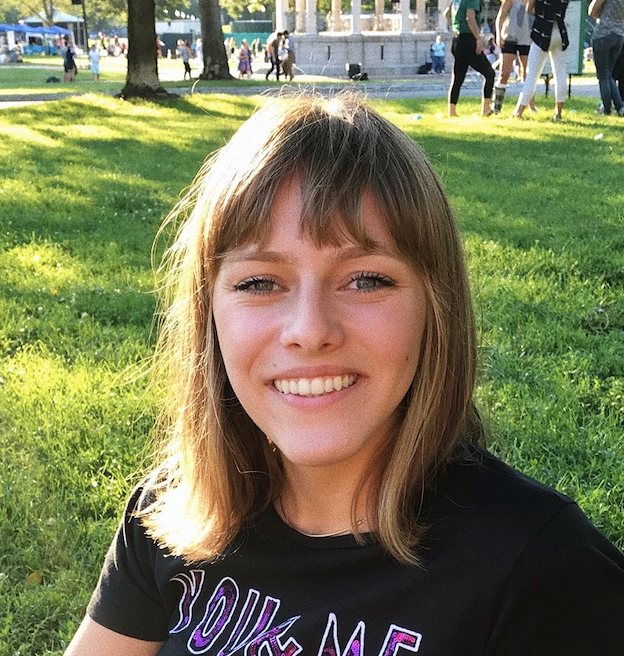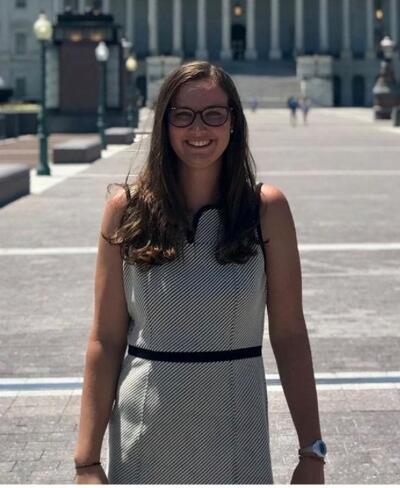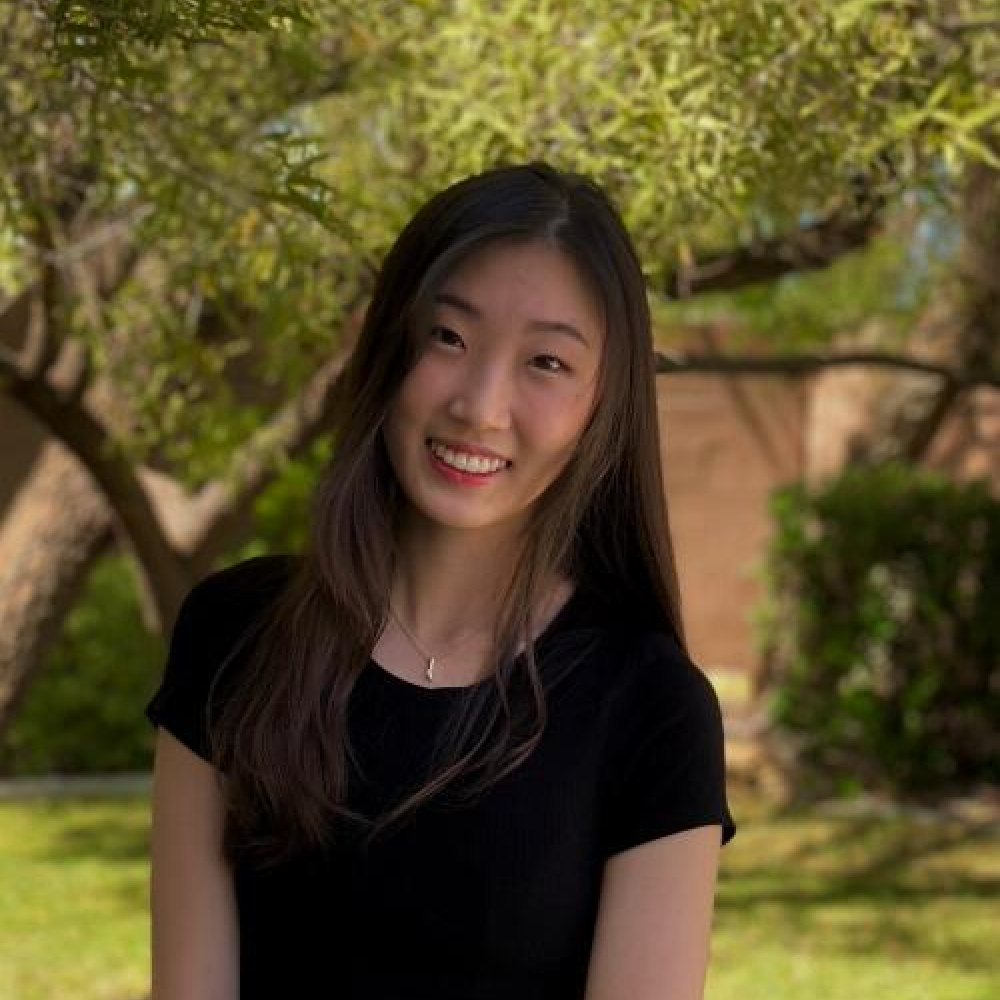Array
(
[SERVER_SOFTWARE] => nginx
[REQUEST_URI] => /engage-with-us/student-engagement/student-funding-internship/cohort-2020/
[USER] => fpm200111
[HOME] => /home/fpm200111
[WPENGINE_ACCOUNT] => harvardhealth
[WPENGINE_PHPSESSIONS] => on
[WPENGINE_DB_SESSIONS] => off
[HTTP_X_WPE_LOCAL_SSL] => 1
[HTTP_X_FORWARDED_HOST] => globalhealth.harvard.edu
[HTTP_X_WPE_EDGE] => AN
[SERVER_NAME] => globalhealth.harvard.edu
[PATH_TRANSLATED] => /nas/content/live/harvardhealth/index.php
[PATH_INFO] =>
[SCRIPT_FILENAME] => /nas/content/live/harvardhealth/index.php
[HTTP_X_WORDPRESS_TYPE] => DEFAULT
[QUERY_STRING] =>
[REQUEST_SCHEME] => http
[IS_WPE] => 1
[SERVER_PORT] => 80
[SERVER_ADDR] => 127.0.0.1
[HTTP_VIA] => 1.1 pod-403756 (Varnish/7.7)
[HTTP_ACCEPT] => */*
[HTTP_X_WPE_REQUEST_ID] => 28da3538201c934fc224232aa373c971
[HTTP_REFERER] => https://globalhealth.harvard.edu/engage-with-us/student-engagement/student-funding-internship/cohort-2020
[HTTP_ACCEPT_ENCODING] => gzip
[SCRIPT_NAME] => /index.php
[HTTPS] => on
[HTTP_WPE_READONLY] => on
[HTTP_CDN_LOOP] => cloudflare; loops=1
[HTTP_X_WPE_SSL] => 1
[HTTP_X_WPE_INSTALL_NAME] => harvardhealth
[PHP_VALUE] => upload_max_filesize=50M;
post_max_size=100M;
[HTTP_CF_RAY] => 9bdd54d68a27cf6a-CMH
[HTTP_X_WPENGINE_PHP_VERSION] => 8.2
[SERVER_PROTOCOL] => HTTP/1.1
[DOCUMENT_ROOT] => /nas/content/live/harvardhealth
[DOCUMENT_URI] => /index.php
[HTTP_HOST] => globalhealth.harvard.edu
[HTTP_X_FORWARDED_PROTO] => https
[HTTP_X_UA_ORIGINAL] => Mozilla/5.0 AppleWebKit/537.36 (KHTML, like Gecko; compatible; ClaudeBot/1.0; +claudebot@anthropic.com)
[HTTP_RAWHOST] => globalhealth.harvard.edu
[CONTENT_TYPE] =>
[REQUEST_METHOD] => GET
[REDIRECT_STATUS] => 200
[HTTP_CF_VISITOR] => {\"scheme\":\"https\"}
[HTTP_X_IS_BOT] => 1
[SYSLOG_IDENT] => phperr-harvardhealth
[REMOTE_ADDR] => 216.73.216.55
[REMOTE_PORT] =>
[GATEWAY_INTERFACE] => CGI/1.1
[HTTP_USER_AGENT] => Mozilla/5.0 AppleWebKit/537.36 (KHTML, like Gecko; compatible; ClaudeBot/1.0; +claudebot@anthropic.com)
[HTTP_CF_CONNECTING_IP] => 216.73.216.55, 216.73.216.55, 216.73.216.55
[HTTP_X_REAL_IP_REMOTE] => 104.23.197.165
[HTTP_X_CACHE_GROUP] => normal
[PHP_ADMIN_VALUE] => newrelic.license=;
sendmail_path=/bin/sendmail-wrapper.sh 79e309318abe46fb70c4b52b782c479d04ddf08b /usr/sbin/sendmail -t -i;
syslog.ident=phperr-harvardhealth;
newrelic.appname=harvardhealth;
newrelic.browser_monitoring.auto_instrument=off;
newrelic.enabled=off;
[CONTENT_LENGTH] => 0
[HTTP_CF_IPCOUNTRY] => US
[FCGI_ROLE] => RESPONDER
[PHP_SELF] => /index.php
[REQUEST_TIME_FLOAT] => 1768395784.76
[REQUEST_TIME] => 1768395784
)
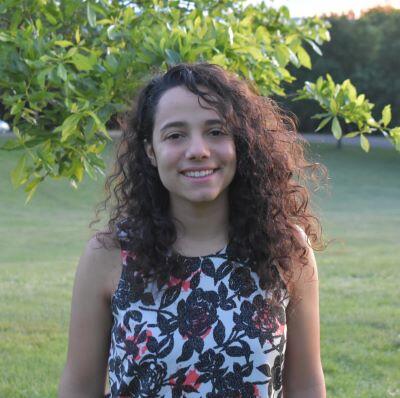
This summer, I was fortunate to be able to intern at both the American University of Beirut Global Health institute and the Multi-Aid Programs nonprofit, both of which are Lebanon-based. With MAPS, I am developing a Needs Assessment report for Syrian refugees in a southeasten Turkish city that will help in creating a clearer picture of what humanitarian aid services are needed most. With AUB, I helped expand the first COVID timeline and one of the first NGO-empowerment platforms in the MENA region, along with other research-based projects.
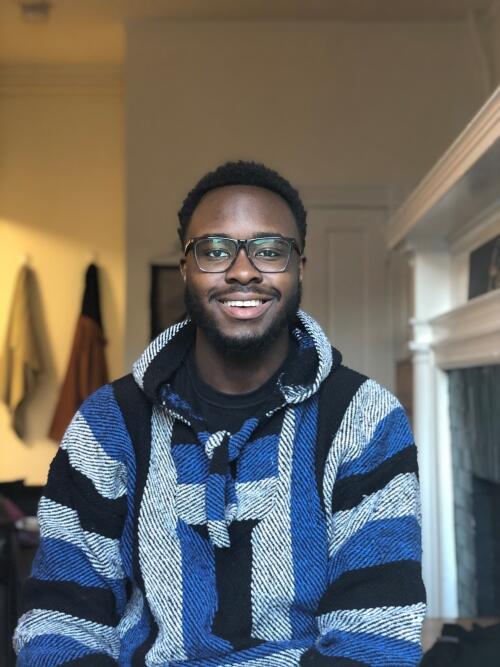
As a summer research intern for the Perinatal HIV Research Unit located in Chris Hani Baragwanath Hospital in Soweto, South Africa, I've been given the opportunity to see first-hand the varying roles social, economic, psychosocial, and structural barriers play in the HIV epidemic. My work this summer has taken on literature research and data analysis to characterize these health-determining factors with the eventual aim of producing a manuscript, virtual public health programming to engage South African youth during the COVID pandemic, and writing grants for mobile health expansion. So far, I have worked on literature review and subsequent writing for a manuscript about the psychosocial barriers to HIV treatment adherence in adolescent young women in South Africa. This summer we also successfully coordinated a week-long virtual public health and social activism programming event for youth in commemoration of South Africa Youth Day. Currently, I am conducting data analysis on a social science experiment analyzing factors affecting HIV susceptibility in the adolescent genital tract. Additionally, I am working on a grant for mobile health expansion and accessibility for youth in South Africa.

This summer, I am working for Physicians for Human Rights (PHR), an organization that uses medicine and science to document and advocate against human rights violations. I have been working with PHR's Asylum Program, which has a large network of volunteer health professionals who provide forensic evaluations to survivors of torture and ill-treatment seeking asylum in the United States. My work primarily involves helping the asylum team with case management, which consists of connecting attorneys and their clients with PHR-affiliated health professionals so that these pro-bono evaluations can take place.
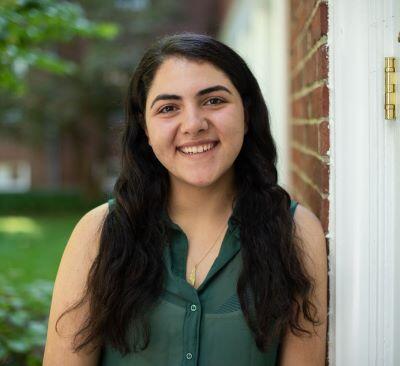
This summer, I am interning at the University of Global Health Equity, a new and unique health science university in Kigali, Rwanda. My work is geared towards e-learning and shaping course for remote instruction and integrating online features into in-person classes. Most of this support is geared towards their 2-year long Masters in Global Health Delivery (MGHD) and their 6-year long Bachelor in Medicine and Bachelor in Surgery programs. In addition, I am working on the forming and cultivating relationships with simulation labs at other universities globally. It is very rewarding and interesting to learn the ins and outs of instruction at UGHE and meet the incredible team that is behind this quickly developing institution.n
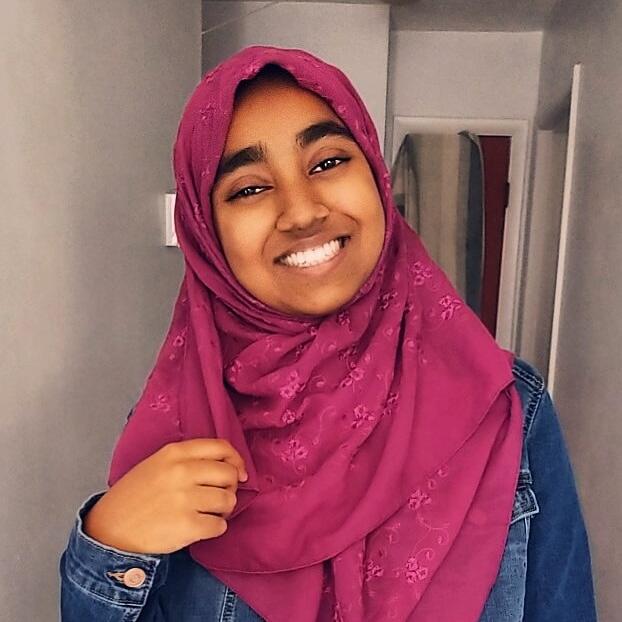
This summer, I am working at the University of Global Health Equity (UGHE) in Kigali, Rwanda. UGHE is a health sciences university striving for equitable health delivery, and it provides students with the opportunity to gain perspective about care and become professional global health leaders. As an intern at the Institute of Global Health and Student Services, I am contributing to the formation of UGHE's Career services and assisting with any Student-Service related activities through career services research and forming context-based documents. Additionally, I am researching course materials for the Master in Global Health Delivery Program and contributing to up and rising research projects at the Institute of Global Health. This has been an incredibly transformative experience thus far and I am excited to see what I continue to learn while working in this reflective and progressive space!n

This summer I have had the incredible opportunity to work with Partners in Health Engage, where I am part of a team organizing the people and resources across the nation needed for advocacy campaigns around global healthcare and health equity (for example, the People's Pandemic Prevention Plan) during the summer and the campaign year 2020-2021. By helping to organize the PIH Engage Training Institute, training "Engagers" for their conversations with elected officials, and working on strategy and community building, I am able to apply my skills in advocacy and my passion for health equity and healthcare systems both domestically and globally. I have learned so much from the wonderful human beings around me and I am sincerely thankful for this amazing experience in health advocacy and community organizing.n

I am a Policy and Research Intern at the New York State Health Foundation. The Foundation is a private organization committed to improving the health outcomes of New Yorkers. In my role, I engage in team projects related to health coverage, maternal health, food insecurity, and the COVID-19 pandemic. I create map data visualizations documenting changing population demographics, conduct literature reviews regarding food insecurity and telemedicine, and assist in writing articles related to public health messaging campaigns. My colleagues are extremely engaging and inspirational, and delegate me assignments in projects that allow me to hold real responsibility that allows me to have a voice in decision making.n
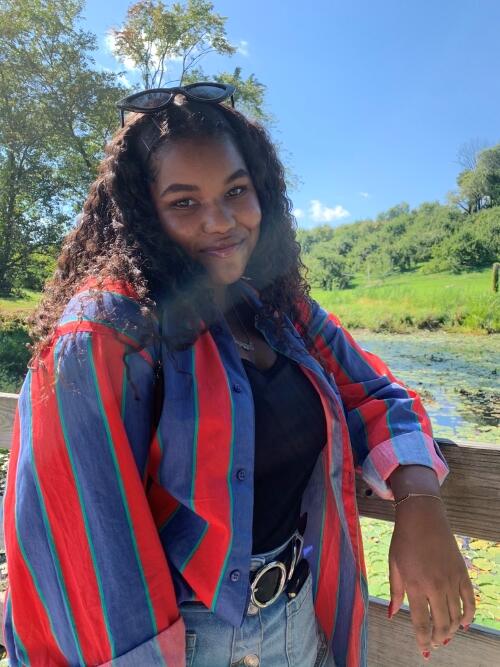
I am a rising senior concentrating in Human Evolutionary Biology with a secondary in Psychology. I am interning at the AIDS Institute at the New York State Department of Health. I have been analyzing patient data from the department's Statewide Planning and Research Cooperatives System (SPARCs) database to identify how structural stigma, particularly HIV status, affects Discharge Against Medical Advice (DAMA). I also work with the Adolescence Quality Learning Network (AQLN) to collate providers' experiences and responses to the COVID-19 pandemic. From this data, we are compiling a summary of potential strategies that could improve the quality of care for the HIV+ adolescent community moving forward.
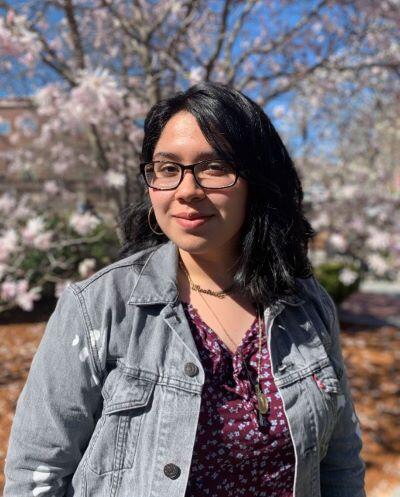
I have been working with the Kaiser Permanente School of Medicine for the summer and have been excited every day about the amazing opportunity to support a new medical school as it envisions its plans for a global health program. I have reviewed medical schools and done extensive qualitative research on their global health programs. As this internship continues to be offered, I know students will enjoy being mentored by a compassionate doctor, professor, and director like Dr. Aaron Berkowitz who has worked for many years in providing and sustaining high level care for the most vulnerable around the world.n
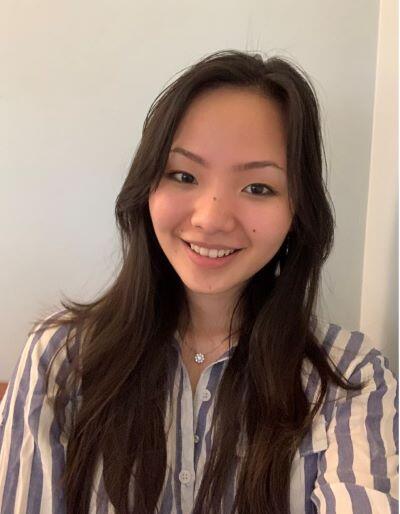
This summer, I'm interning at Greater Boston Legal Services' Elder, Health, and Disability Unit. I perform thorough client intake interviews, work with clients to resolve SNAP issues as well as MassHealth and Medicare issues, and review medical records to find evidence for cases. One of the highlights of my internship so far is assisting a client who had issues obtaining a prescription. I was able to get the cost of the prescription down from $300 to $0.n
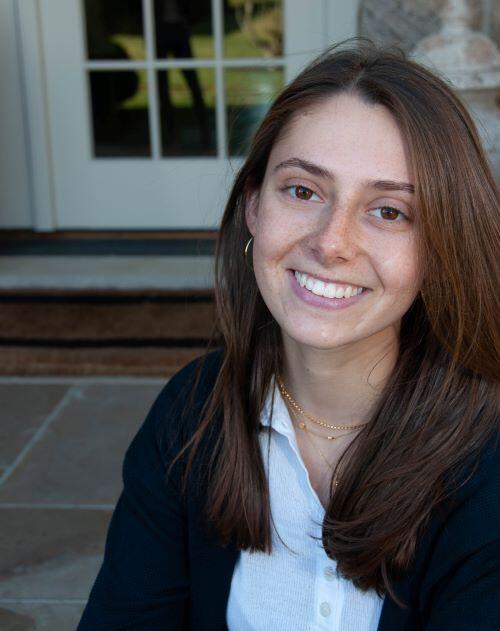
At the United Nations Population Fund's (UNFPA) Midwifery Programme this summer, my work has included a variety of projects on maternal and newborn health, especially centering around drafting and completing the Maternal and Newborn Health Thematic Fund (MHTF) Annual Report. This Report showcases achievements within midwifery, emergency obstetric and newborn care, obstetric fistula, and maternal and perinatal death surveillance and response. For this project, I have reviewed international reporting on these areas, documented best practices, and compiled data relating to their respective outcomes in 32 countries. Beyond this, operating within UNFPA's Sexual and Reproductive Health Branch has allowed me to engage with fascinating and important work and discussion on COVID-19, vulnerable populations, and human rights advocacy.n
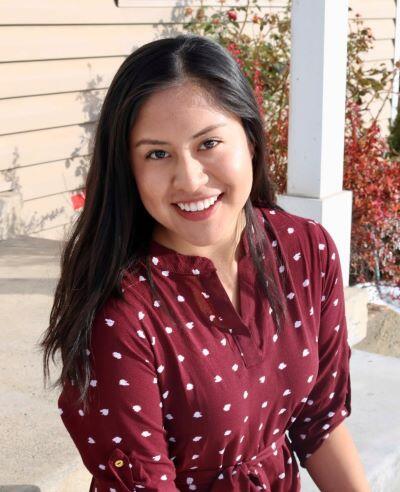
This summer I have the privilege of working with the London School of Hygiene and Tropical Medicine on three main projects. For the first project, I have been working to help finalize a social norms course that was developed to help NGO's working with children in low and middle income countries integrate a social norms perspective into their work. For the second project I have been reviewing, analyzing, and developing methodology criteria for a study on the disclosure of violence against children (VAC) through qualitative and quantitative measurement tools. Our team is just starting to delve into the third project, which aligns very closely to the second but places emphasis on the response (emotional or otherwise) that children have during VAC disclosure. Even though the study is still in its initial stages, I look forward to seeing the course of its implementation beyond the summer, especially because it will give me a great excuse to keep in touch with my LSHTM team! They truly are the most supportive and welcoming people, and have made my research experience so wonderful!n
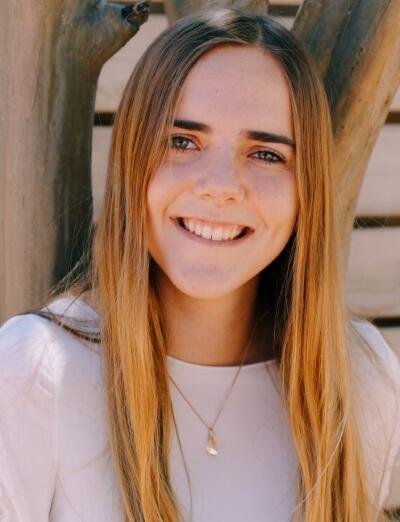
This summer, I had the opportunity to intern for Village Health Works, a global health NGO based in Bujumbura, Burundi that focuses on providing quality healthcare to the village of Kigutu, alongside educational opportunities, women empowerment campaigns, and agricultural projects. As their supply chain analyst, I am in charge of optimizing resources, from pharmaceutical items to classroom equipment, that are needed to run our campus. Many of the inequities within healthcare have been exacerbated due to COVID19, forcing us to think creatively to ensure we can supply the hospital with the necessary materials they need to address this pandemic. From writing proposals for a wastewater treatment plant to jumping on calls with the WHO, I am constantly exposed to rewarding learning opportunities that have a tangible impact on the lives of hundreds of people.n
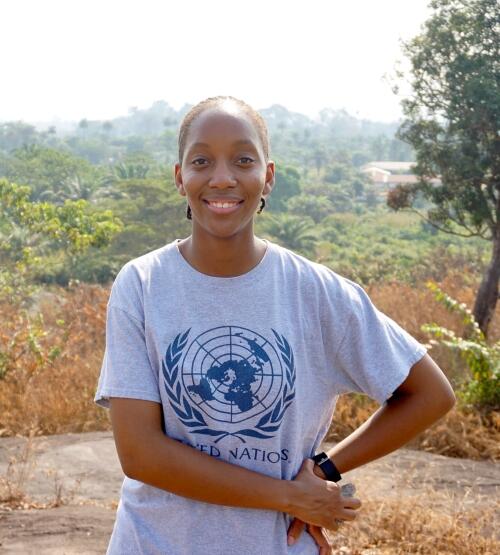
This summer, I have been working with Partners in Health, which is a global health and social justice organization based in Boston and across the globe. I am working with a small, tight-knit team in the grassroots advocacy branch of PIH to lead a summer campaign surrounding pandemic prevention and global health equity. We are also working to prepare the nation-wide network for 100+ meetings with Members of Congress to advocate for global health legislation in August. My main role thus far has been preparing advocacy documents and briefing materials, coordinating meetings, as well as leading workshops and sessions to equip our network members with the necessary skills for successful advocacy and social justice activism. I am thoroughly enjoying my internship and the impactful work to which I get to contribute!n
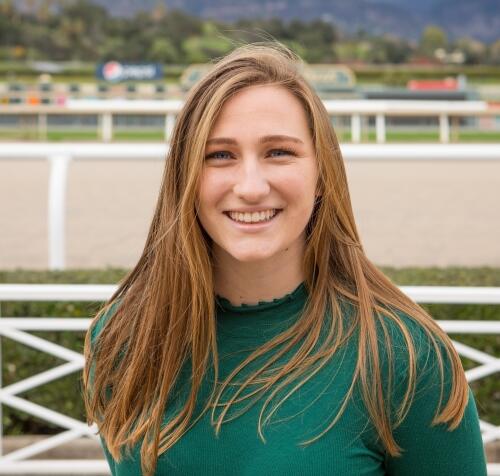
This summer I am interning at the International Quality Improvement Collaborative for Congenital Heart Disease at Boston Children's Hospital who works to improve care in low- and middle-income countries through 75 sites in 28 different countries. The mission of IQIC is to reduce mortality and major complications for patients with congenital heart disease and they aim to achieve this goal through quality improvement strategies. My projects for the summer include developing curriculum for IQIC cardiac catherization registry's quality improvement platform, support the development of educational resources to address the issue of malnutrtion, and to assist in compiling and distributing annual benchmarking reports to sites. These benchmarking reports allow sites to evaluate their program performance with the rest of the collaborative and help drive quality improvement at each institution. Overall, I have had an amazing experience working with IQIC this summer and supporting their goal to improve the care for every child with CHD.n
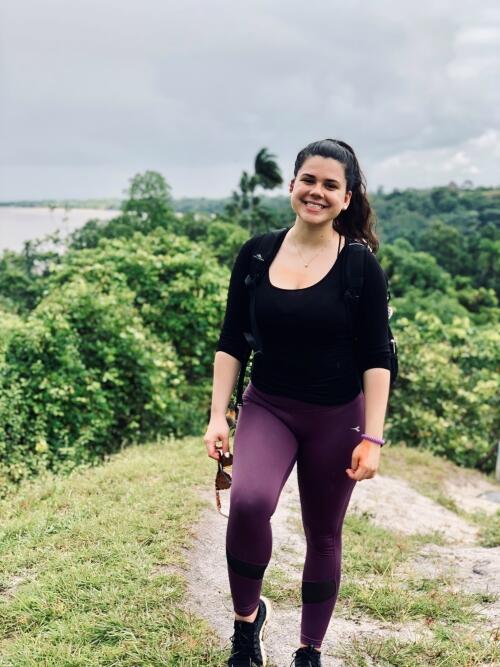
This summer I am working closely with the Global Health Initiative (GHI) at The Tecnolu00f3gico de Monterrey (Tec) located in Monterrey, Mexico City, Mexico. The Global Health Initiative is a new project spearheaded by Tec and colleagues from a myriad of professional avenues with the objective to broaden its public and global health impact in Mexico, and Latin America. With GHI, I have had the opportunity to delve into the intricacies and complex dynamics of the Mexican healthcare system, especially during its COVID-19 response. Our focus has centered on the country's initial and current emergency response to the pandemic, and in particular its care of vulnerable populations. Through my role as a Research Intern, I have been able to advise and work closely on COVID-19 policy brief proposals addressed to the Mexican Ministry of Health, State Departments, and State Ministers of Health. Additionally, I have written for the Tec's Medical Student Journal – Fronteras en Salud Global – on varying topics related to Mexico's healthcare system and its response to COVID-19. Soon, I will serve as a COVID-19 contact tracer for the Partners in Health Compau00f1eros en Salud sector in Mexico where I hope to continue learning about the country and its healthcare, as well as its culture and people (from afar). I have thoroughly enjoyed the opportunity to learn about Mexico's healthcare system and population dynamics, as well as how to use context specific information to guide policy proposals. The flexibility that my internship has offered me has let me pursue topics that not only intrigue me but challenge my professional and personal interests. Working closely with GHI and its members has been a rewarding opportunity that has enriched my education and experiences in Global Health!n
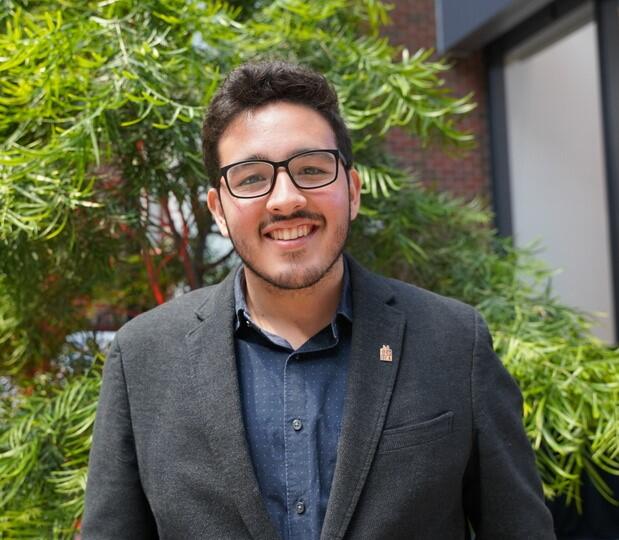
This summer, I have been working as an intern at UCLA Art & Global Health Center. Primarily, I have been working to support Through Positive Eyes, an ongoing photography storytelling project for individuals living with HIV/AID. Additionally, I have been supporting the center's involvement in the International AIDS Conference, working to build a social media campaign and aiding the live workshop logistics. Lastly, I am working to increase the accessibility of the center's sex-education videos by transcribing and translating captions in multiple languages. I have loved getting to work with a team that is dedicated to justice and growth.n



